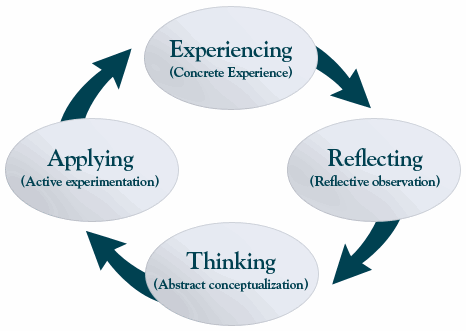‘What’ Vs. ‘How’ In Staff Training And Development

Updated: July 5th 2023
Frequently, there exists a disconnect between the content and delivery of staff training and development programs. The focus is often on the theoretical “what” aspects, rather than the practical “how” elements that should be emphasized. This raises a crucial question: How can trainees truly grasp new knowledge if they are not provided with the necessary tools and guidance to effectively apply the concepts covered in the training room?
The ancient Chinese philosopher, Confucius stated, “tell me and I will forget, show me and I may remember, involve me and I will understand.”
For staff training and development to be effective, one must identify the most critical skills to teach, and then allow learners to use the skills under realistic usage conditions. Staff training must be so compelling as to absorb participants in its realism in a way that engages more than the intellect. It must be practical so that participants may actively use it. It must be relevant to the complexities of the work life of participants, and most importantly, it must provide a memorable, lasting experience.
Many approaches to staff training and development do not address what is difficult about applying the knowledge or skills in the right ways. They make it difficult to remember or use the information appropriately once the training is over. Most of what we really know how to do we learn by ‘doing’, so any training must involve ‘doing’!
For example, when it comes to learning how to effectively communicate, a person could read every book ever published telling them how to be a good communicator. However communication is only necessary when another person is involved. Therefore, all the books in the world or classroom learning where someone imparts theories and models on how to communicate is never going to be effective in teaching somebody to sell or influence customers, or how to work effectively in a team. Furthermore, we all operate from a place of habits and patterns, most of which are learnt early in life, and which no longer serve us. Most of us are unaware of these patterns and how many of the patterns are effecting how we interact with everyone; family, friends, colleagues, and customers etc. Sitting in a room, talking about how it should all be done will not bring our awareness to these patterns of behaviour.
Staff training and development should be enjoyable but it should also have a significant impact on the learners and give them simulated experiences they can rely on when they need to deploy them in real life.
This is why Adaptas™ have brought the most experiential learning and deep reaching techniques together to create effective Interactive Training Services, which create new habits and patterns in communication. Experiential learning engages the learner at a more personal level by addressing the needs and wants of the individual, even when learning as one of a group. By developing people as individuals, rather than simply transferring arbitrary capabilities, we develop people’s confidence, self-esteem, personal strengths, and crucially a rounded sense of purpose and fulfillment, which fundamentally improve attitude, life-balance and emotional well-being. These immensely important outcomes are just as important for sustainable productive work as the essential skills and knowledge typically represented in conventional education and work-related training.
In our view, the purpose of staff training and development, is to make staff significantly happier and more productive, to increase profits as customers return over and over, and to improve staff retention so, less budget is spent on recruitment and training of new recruits. Did you know that to hire one new person costs approximately the equivalent of one year of their annual salary? Something to consider!
At Adaptas™, we aim to save each organisation we work with money and time by making everyone more effective at what they do. Our objective is to ensure the value we bring to your organisation is, by a significant margin, larger than costs associated. For this reason we insist on agreeing at an early stage, the desired results and how to measure them. Adaptas™ in association with RPCM (www.consultrpcm.com) will bring experience and ideas to ensure the measurement agreed is appropriate for all.
Contact us to discuss how we can address your staff training and development needs.
Back to Teams